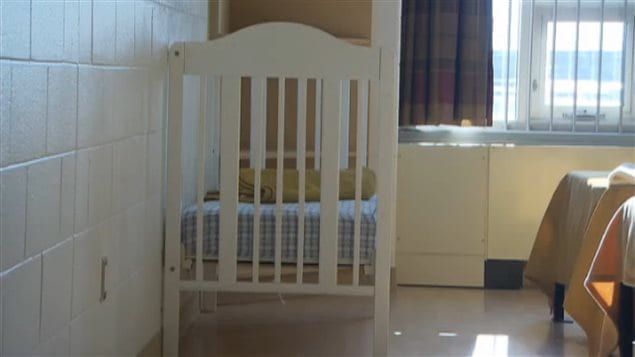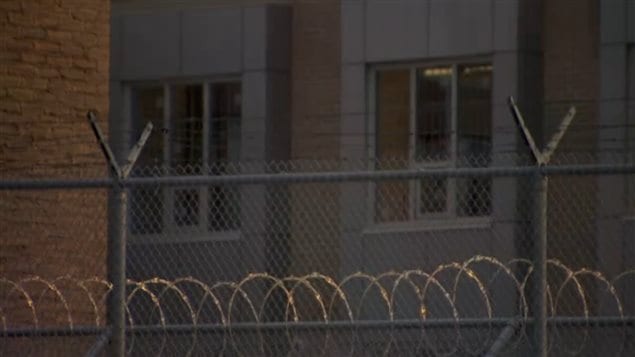Canada detains an average 242 migrant children in prison-like conditions and that can have bad and lasting effects on them, report human rights researchers. The figures are probably higher given that they do not include youngsters who are detained because their parents are.

‘Conditions are terrible’
“The conditions are quite terrible for children who are being detained,” says Samer Muscati, director of the International Human Rights Program at the University of Toronto’s faculty of law. “They don’t have access to education…to proper food….to other children they can play with.
“It’s quite a difficult situation that leads to long-term mental health problems…and there’s absolutely no reason why Canada should be detaining these children.” Using the Access to Information Law and interviews, researchers learned that migrant children in detention may suffer depression and anxiety and it may persist well after they are released.
Listen
Other countries have alternatives
Children are kept in immigration holding centres in Toronto and Laval, just north of Montreal if they are considered a flight risk, a danger to the public or if their identities cannot be established.
Muscati says countries like Belgium and Sweden have alternatives to detention and that Canada could follow their example. Migrants could live in communities, report to local authorities or post sureties to ensure they do not flee.
“We recommend that, in most cases, when there’s no threats to the community that children and their families are released from detention There’s no need to keep them there..When necessary the authorities can keep a close eye on them without infringing on their liberties to such an extent.”
The report is called “No Life for a Child” and is available online.







For reasons beyond our control, and for an undetermined period of time, our comment section is now closed. However, our social networks remain open to your contributions.